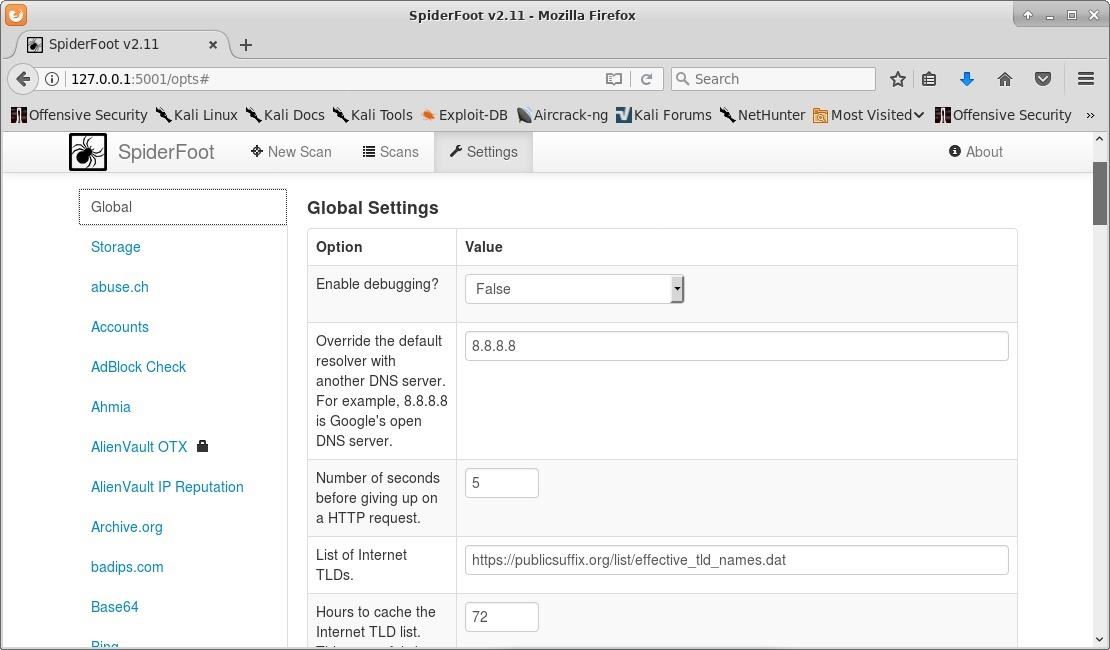

In the interest of privacy and performance, free VPNs are not recommended. This is the biggest reason to use a paid VPN service who are very upfront about data retention, monitoring, and recording session activity and IP addresses.

The biggest caveat among VPNs is that they are not all created equal many will collect and sell data, which defeats the purpose of using one to evade ISP snooping. With a VPN in place, an ISP cannot see what is happening within the connection. VPNs can be configured to work on an operating system level, forcing all internet traffic through the tunnel. Also, VPNs allow users to spoof their IP addresses, having it replaced by the VPN. Essentially, a VPN is a secure WAN (wide-area network) that creates a tunnel between two endpoints in which to send/receive encrypted data. While it is beyond the scope of this article to discuss the above protocols in detail, the links should provide more information. L2TP/IPsec (Combines Layer 2 Tunneling with IPsec for encryption.).VPNs use a few different security protocols: Although virtualized, the connection retains the same security, appearance, and functionality of a private network while shrouding a client connection. VPNs are virtual extensions of private networks, allowing users to send and receive data securely over a public network such as the internet. VPNs are perhaps the most commonly deployed tactic for browsing the web incognito their availability and overall ease-of-use factor into this.


 0 kommentar(er)
0 kommentar(er)
